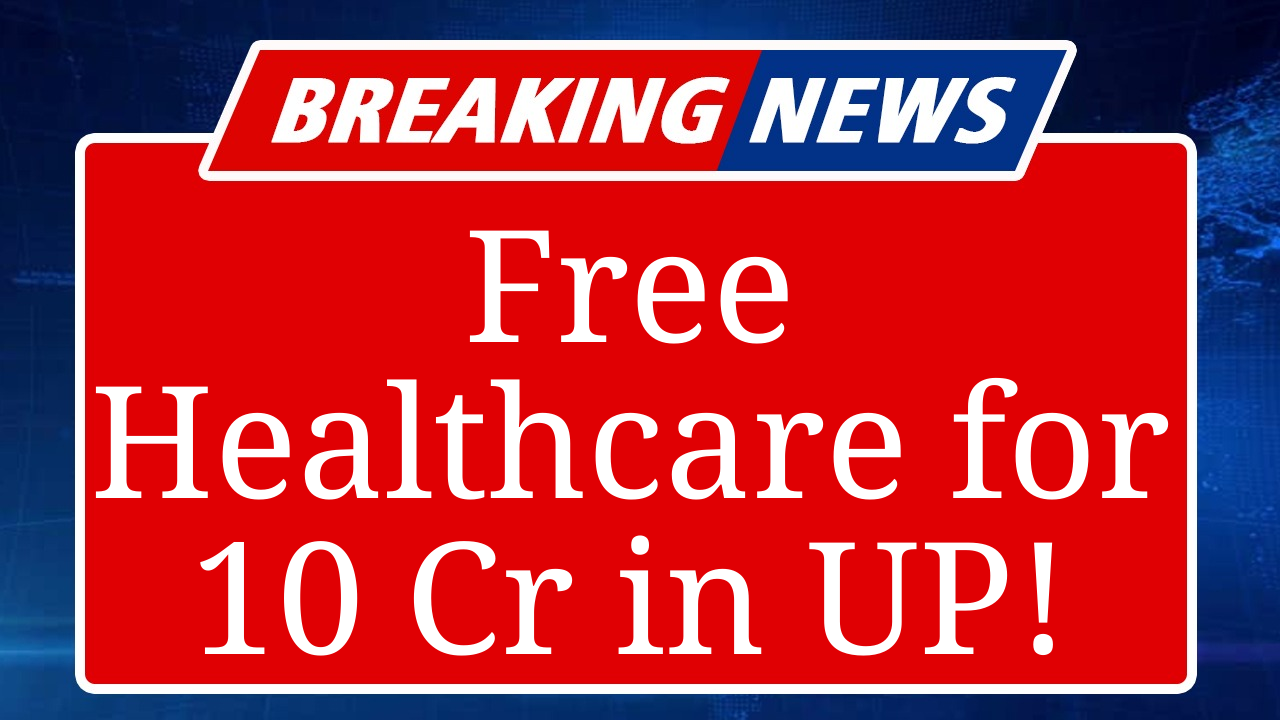Ayushman Bharat in Uttar Pradesh is set to provide free healthcare to over 10 crore people, offering up to Rs. 5 lakh per family annually for hospitalisation. The scheme targets economically weaker sections, with recent expansions including senior citizens above 70. Despite challenges like fraud, it has transformed access to quality medical care.
Ayushman Bharat: Transforming Healthcare Access in Uttar Pradesh
The Ayushman Bharat Pradhan Mantri Jan Arogya Yojana (PM-JAY), launched in 2018, has emerged as a cornerstone of India’s push for Universal Health Coverage, and Uttar Pradesh (UP) is at the forefront of its implementation. The scheme provides cashless healthcare coverage of up to Rs. 5 lakh per family per year for secondary and tertiary care hospitalisation, targeting over 10 crore economically disadvantaged citizens in UP alone. As of August 2025, the state has issued millions of Ayushman cards, enabling beneficiaries to access treatment at empanelled public and private hospitals across the country.
In UP, the scheme covers approximately 1.8 crore families, identified through the Socio-Economic Caste Census (SECC) 2011 and, more recently, the National Food Security Act (NFSA) database. This expansion has significantly broadened the beneficiary base, ensuring that even those previously excluded can access quality healthcare. The state government has intensified efforts through campaigns like “Aapke Dwar Ayushman,” which recorded 8.35 lakh beneficiaries verified in a single day in March 2021, a testament to UP’s commitment to scaling up enrolment.
A major milestone came in September 2024, when the Union Cabinet approved extending PM-JAY benefits to all senior citizens aged 70 and above, regardless of income. In UP, this translates to an estimated 1.2 crore elderly beneficiaries who will receive a dedicated Ayushman Vaya Vandana Card, offering up to Rs. 5 lakh in annual coverage exclusively for themselves. This move is expected to ease the financial burden of healthcare for senior citizens, many of whom face challenges accessing treatment for chronic and critical illnesses like cancer and heart disease.
The scheme’s impact is evident in stories from across UP. For instance, in Varanasi, a daily wage worker named Rajesh Kumar underwent a life-saving heart surgery at a private hospital without incurring any costs, thanks to his Ayushman card. Similarly, in Lucknow, a cancer patient received chemotherapy at a government facility, saving her family from crippling debt. Doctors in UP have noted that early detection and treatment, facilitated by PM-JAY, have improved survival rates for critical illnesses, particularly cancer.
However, the scheme is not without challenges. Reports of fraud, such as fake medical bills and claims for non-existent treatments, have surfaced in UP and other states. In Uttarakhand, a neighboring state, 697 fraudulent cases led to fines of Rs. 1 crore, highlighting the need for stricter oversight. In UP, the National Health Authority (NHA) has delisted 97 hospitals and imposed penalties of Rs. 1.5 crore to curb malpractices. Despite these issues, the state’s robust network of over 24,000 empanelled hospitals nationwide ensures that beneficiaries have access to quality care.
UP’s healthcare infrastructure is also being bolstered under Ayushman Bharat’s second component, the establishment of Ayushman Arogya Mandirs. These health and wellness centres aim to provide comprehensive primary healthcare, including maternal and child health services, non-communicable disease management, and free diagnostics. As of 2024, UP has operationalised thousands of such centres, bringing healthcare closer to rural and underserved areas.
The integration of technology, through initiatives like the Ayushman Bharat Digital Mission (ABDM), further enhances the scheme’s reach. As of August 2025, over 79.9 crore Ayushman Bharat Health Accounts (ABHAs) have been created nationwide, with UP contributing significantly. These digital accounts enable seamless access to health records and telemedicine services, particularly benefiting remote areas of the state.
Despite its successes, gaps remain. Some private hospitals in UP, particularly smaller ones with fewer than 50 beds, lack the infrastructure to fully support PM-JAY’s ambitions. Only 3% of private hospitals nationwide are empanelled under the scheme, limiting options for beneficiaries in certain regions. Additionally, awareness campaigns are ongoing to ensure that eligible families, especially in rural UP, enroll and utilize their Ayushman cards.
The state government’s collaboration with ASHA workers and door-to-door campaigns has accelerated card distribution, particularly in districts like Gaya and Nalanda, where beneficiaries like Lalan Choudhary have accessed free cataract surgeries. UP’s focus on expanding coverage and improving infrastructure underscores its commitment to making healthcare accessible and affordable for all.
Disclaimer: This article is based on information sourced from government websites, recent news reports, and official statements from the National Health Authority and the Ministry of Health and Family Welfare. Data is accurate as of September 2025 and subject to change. Readers are advised to verify eligibility and benefits through official PM-JAY portals or empanelled hospitals.

